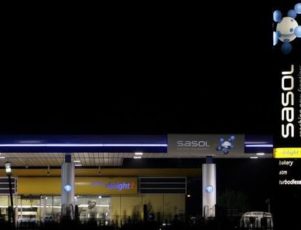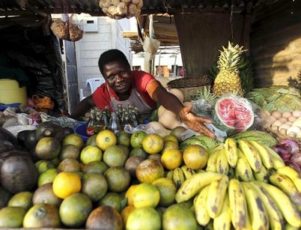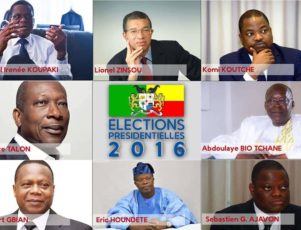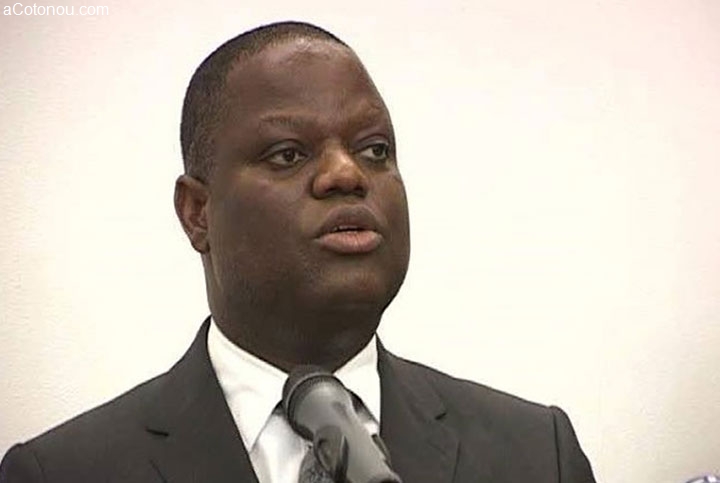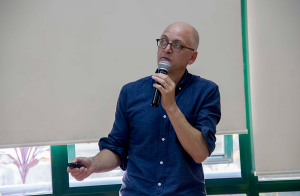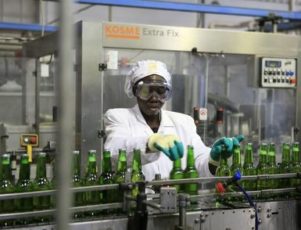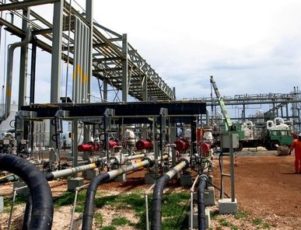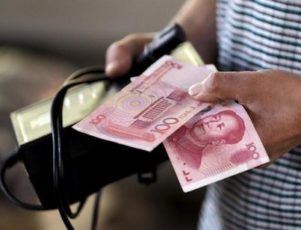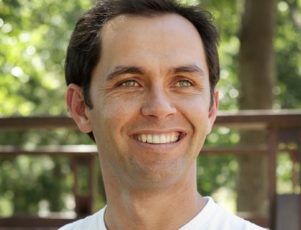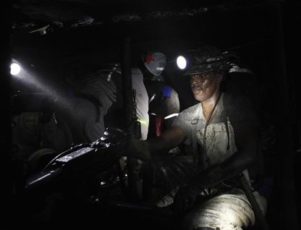LAGOS/LUANDA (Reuters) – Nigeria and Angola, Africa’s two biggest oil producers, are both in talks with the World Bank about support to help cope with low crude prices, weakening currencies and strained public finances.
Nigeria has held exploratory talks with the World Bank onborrowing to help fund a record budget in 2016 but has notapplied for any emergency loans, Finance Minister Kemi Adeosunsaid on Sunday.
Angola also held talks with the World Bank between Jan.25-29 about securing funding support in a deal that would seeAfrica’s second biggest oil producer implement unspecifiedreforms, the state news agency reported.
The World Bank and other institutions like the InternationalMonetary Fund have recommended that Nigeria and Angola devaluetheir currencies which both trade officially at huge premiumsto the secondary market. Devaluations could form part of loan deals, two bankingsources said on Monday. Nigerian President Muhammadu Buhari isagainst devaluing the naira.
The naira trades at around 197 against the dollarofficially compared to street rates as weak as 305, whileAngola’s kwanza is worth 155/$ but changes hands at morethan 400 against the greenback on the secondary market.
Nigeria is planning to borrow as much as $5 billion to helpfund a budget deficit due to a slump in vital oil revenues, ofwhich $4 billion might come from international institutions andthe rest from Eurobonds, Adeosun had said earlier this month.
“We have held exploratory talks with the World Bank. We havenot applied for emergency loans,” she told Reuters on Sunday.
Borrowing from international institutions such as the WorldBank would be a cost-effective way to raise money to fund theincreased capital expenditure in the 2016 budget, she said.
World Bank spokesman David Theis said the multilateral lender was in discussions with Nigeria to provide Development Policy Operation funding, which can take the form of a loan, grant or credit.
“Our support will be for a program of policy reform,” Theis said in an e-mailed statement, adding that the proposal will be submitted to the World Bank’s board of directors later this year.
The Financial Times had earlier reported that the WestAfrican nation had asked the World Bank and the AfricanDevelopment Bank for $3.5 billion in emergency loans.
In a written statement, Adeosun’s ministry also saidAfrica’s biggest economy was looking at “options” to borrow fromthe African Development Bank and export credit agencies such asChina Exim Bank “due to their concessionary rates of interest”.
Nigeria expects a budget deficit of 3 trillion naira in2016, up from 2.2 trillion naira previously estimated, as aslump in oil revenues has eroded public finances and hit itscurrency.
Oil exporters worldwide are experiencing similar fiscal strains amid surging crude output and slumping demand. The World Bank and International Monetary Fund are now consulting with Azerbaijan regarding its financing needs.
(By Alexis Akwagyiram and Herculano Coroado. Additional reporting by David Lawder in Washington; Writing by Joe Brock and Ulf Laessing; Editing by Toby Chopra, Bernard Orr)

